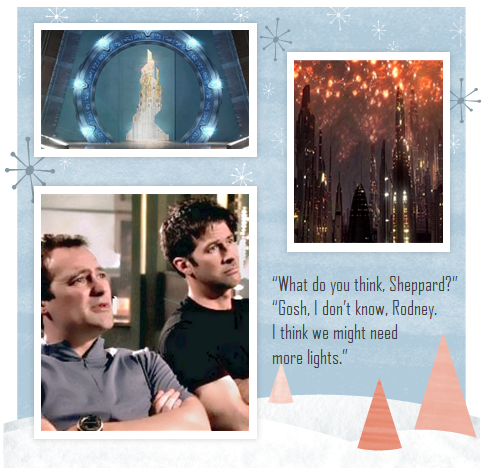Introducing the 2026 Book Bingo Card!

Don't forget if you are having trouble filling some of the squares you are allowed two substitutions and two wild cards, substitutions are substituting one category for another, I'll post a substitution list below, wild cards can be any book you want, including fanfiction, the fanfiction should be over 50,000 words and fanfiction can only be used once for a wild card square.
Substitution list:*Over 300 Pages
*Book in Series
*LGBTQ+
*Recommended
*POC Author
*Multiple POVs
*Classic/Retelling
*Sci-fi/Fantasy
*Free Space
*Anthology/Collection
*Biography/Memoir
*Friendship
*Name in the Title
*Movie/TV Tie-in
*With a Woman Protagonist
*From the Library
*Thriller/Suspense
*Set Somewhere You've Been
*Non-Human POV
*Fairy Tale or Fairy Tale Retelling
*Under 100 Pages
*Romance Plot or Sub-plot
*Translated
*With a Blue Cover
*Horror or Paranormal
*Colour in the Title
*Seasonal Read
*Number in title
*Three word title
*Craft, Hobby or Cookbook
*Written by an author from your state or country
*Animal on the cover
*Disability or Mental health
*Read a book from the year you were born
*Mythology
*Title begins with first letter of your name
*Dystopian
*Book mentioned in another book
*Diverse reads
*One word title
*Award Winning/Bestseller
*Disabled Author
*Non-western Setting
*Set in your state/country
*Title is at Least Five Words Long
*Indigenous author
*Has illustrations (but not a comic or graphic novel)
*Re-read





LONELY PROMPTS WEEK::23 DECEMBER § DAY 2
Dec. 23rd, 2025 12:27 pmIn the past, we used to have a "winner" who completed the most fills every day, and at the end of the week, we'd announce an overall winner. But this time around, we're doing things differently! There are no winners or “losers”, just prompts that have been filled. At the end of the week, we'll be sharing a round-up post of all the lonely prompts that have been filled.
Tuesday's Theme: Same List, New Choice
More Information: Fill prompts from one specific day of the week. Pick only prompts that come from Monday, Tuesday, Wednesday, or so on.
If you leave a request, please make sure it follows the theme for the day and that each request is a new comment.
You are more than welcome to fill any and all lonely prompts, but only the prompts filled for the current theme will be counted for the daily totals. I will however include a list of those who filled other prompts when I do the round-up at the end of the week.
Please number your fills when leaving more than one in a comment. This helps me when I'm ready to count them up.
To find those elusive Lonely Prompts, you can go into the Calendar Archives, or for more recent prompts, you can use LJ's advanced search options to find prompts to request and/or fill.
To get things going, a few rules that I ask you all to follow.
1. You can only request five prompts to be filled. Please create a new comment for each prompt request.
2. You can request no more than three prompts from the same fandom.
3. You can, however, fill as many prompts as you'd like!
4. In the subject line, be sure to say whether this is a request or a fill!
5. You must link back to whatever the prompt is in the community logs (whether filling or requesting it be filled), and, if you're filling the prompt, please complete the fill as a response to the original prompt.
6. If you are filling an "any/any" prompt, please let us know what fandom (or, if original, say so!) you're using for the response.
7. If you filled any lonely prompts earlier this week, this is the place to share them!
8. Finally, we now have a community at AO3. If you have an AO3 account, please post your fills there. More information on how to do this is located at this link.
How to link:
[a href="http://comment-fic.livejournal.com/449155.html?thread=70682755#t70682755">MCU, Tony Stark/Pepper Potts, She's wearing daisy dukes and one of his button-down shirts.[/a]
(change the brackets to "<" and ">" respectively)
or:
http://comment-fic.livejournal.com/139897.html?thread=30155641#t30155641
Burn Notice, Sam/Michael/Fi, "It's always been you. And it's always gonna be you."
HAPPY REQUESTING/WRITING/FILLING!